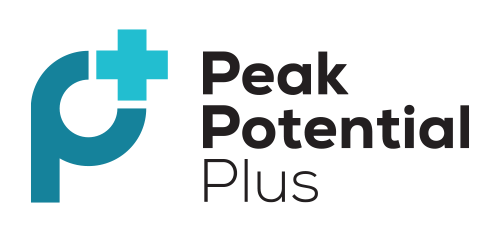Introduction
Gratitude and forgiveness are two powerful emotions that play significant roles in the realm of mental health and emotional well-being. Defined as the appreciation of what is valuable and the act of pardoning offenses, respectively, these concepts hold immense potential for healing deep emotional wounds and fostering psychological resilience. In this article, we will delve into the intertwined nature of gratitude and forgiveness, exploring their profound impact on emotional healing and mental health.
The Power of Gratitude
Gratitude, often described as a positive emotion, encompasses the recognition and acknowledgment of the good things in one’s life. Research in psychology has consistently highlighted the myriad benefits of gratitude, ranging from increased happiness and life satisfaction to reduced symptoms of depression and anxiety. When individuals cultivate a mindset of gratitude, they tend to experience greater resilience in the face of adversity and a deeper sense of overall well-being.
Understanding Forgiveness
Forgiveness, on the other hand, involves letting go of resentment and granting pardon to those who have caused harm or offense. From a psychological perspective, forgiveness is not about condoning or forgetting the wrongdoing but releasing oneself from the emotional burden of anger and bitterness. Holding onto grudges can have detrimental effects on mental health, leading to increased stress, anxiety, and even physical health problems.
The Relationship Between Gratitude and Forgiveness
Gratitude and forgiveness share a symbiotic relationship in the realm of emotional healing. Gratitude can serve as a catalyst for the forgiveness process, enabling individuals to reframe negative experiences and find meaning in their pain. Similarly, practicing forgiveness can deepen one’s sense of gratitude by fostering empathy and compassion towards oneself and others. Together, gratitude and forgiveness create a powerful synergy that facilitates emotional healing and nurtures mental health.
Healing Emotional Wounds with Gratitude
Gratitude can be a transformative tool for healing emotional wounds, providing individuals with a new perspective on their past traumas and hardships. By focusing on the blessings and silver linings amidst adversity, individuals can cultivate resilience and find solace in moments of distress. Gratitude journaling, reflective practices, and acts of kindness are effective ways to integrate gratitude into the healing journey, offering a sense of hope and empowerment.
The Role of Forgiveness in Mental Health
Forgiveness holds profound implications for mental health, offering individuals a pathway to emotional liberation and inner peace. Letting go of resentment and bitterness allows for emotional healing and reduces the toxic effects of anger and hostility on both mind and body. Studies have shown that practicing forgiveness is associated with lower levels of depression, anxiety, and stress, as well as improved relationships and overall well-being.
Nurturing Mental Health through Gratitude Practices
Incorporating gratitude practices into daily life is essential for nurturing mental health and fostering emotional resilience. Simple exercises such as keeping a gratitude journal, expressing appreciation to loved ones, and savoring moments of joy can cultivate a mindset of gratitude and enhance overall well-being. Consistency is key, as regular engagement in gratitude practices strengthens neural pathways associated with positive emotions and rewires the brain for happiness.
Practical Tips for Cultivating Forgiveness
Cultivating forgiveness requires intentional effort and commitment to letting go of past grievances. Recognizing the benefits of forgiveness, such as emotional freedom and inner peace, can motivate individuals to embark on the forgiveness journey. Practical steps for practicing forgiveness include acknowledging and processing emotions, reframing the narrative, and choosing empathy and compassion over resentment and revenge. It is essential to extend forgiveness not only to others but also to oneself, embracing self-compassion and acceptance in the process.
Overcoming Challenges in Practicing Gratitude and Forgiveness
While gratitude and forgiveness offer profound benefits for mental health, they are not always easy to cultivate, especially in the face of deep-seated hurt and resentment. Common challenges in practicing gratitude and forgiveness include feelings of resentment, fear of vulnerability, and resistance to letting go of control. Strategies for overcoming these challenges include seeking support from trusted individuals, practicing self-compassion and patience, and reframing setbacks as opportunities for growth and learning.
Conclusion
In conclusion, gratitude and forgiveness are indispensable tools for healing emotional wounds and nurturing mental health. By cultivating a mindset of gratitude and practicing forgiveness towards oneself and others, individuals can embark on a transformative journey towards emotional liberation and inner peace. As we integrate gratitude and forgiveness into our daily lives, we open ourselves up to the profound healing power of love, compassion, and forgiveness. Let us embrace these virtues wholeheartedly and embark on a journey of emotional healing and transformation.




















